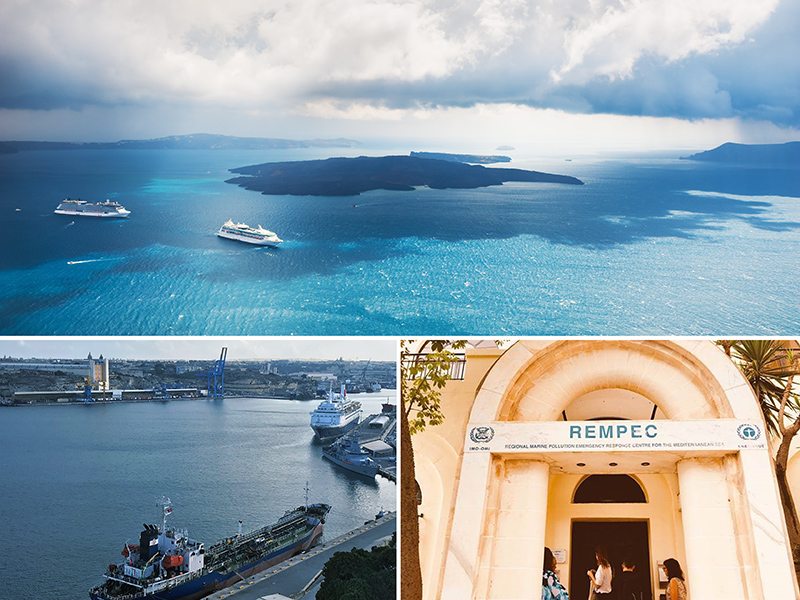On 1 January 2020 an IMO requirement will reduce the sulphur content permitted in ships’ fuel-oil, globally, to just 0.5%. This will bring important health benefits. But IMO also has a process by which specific areas can be designated as Sulphur Emission Control Areas, or SECAs. Within SECAs, the requirement is for even cleaner fuel – just 0.1% sulphur. REMPEC, the IMO-administered marine pollution emergency response centre in the Mediterranean, has just concluded a study to evaluate the costs and benefits of implementing a SECA in the Mediterranean region.
According to the study, further reducing the sulphur content of marine fuels used in the Mediterranean would bear considerable costs. However, the significant health and environmental benefits, including fewer cases of respiratory diseases and premature deaths avoided annually resulting from improved air quality, generated by a Mediterranean SECA, could outweigh the overall costs.
The REMPEC study will be reviewed by a committee of technical experts from Mediterranean countries and the European Union. Further discussion will then take place during a regional workshop at REMPEC’s Malta headquarters in December.
